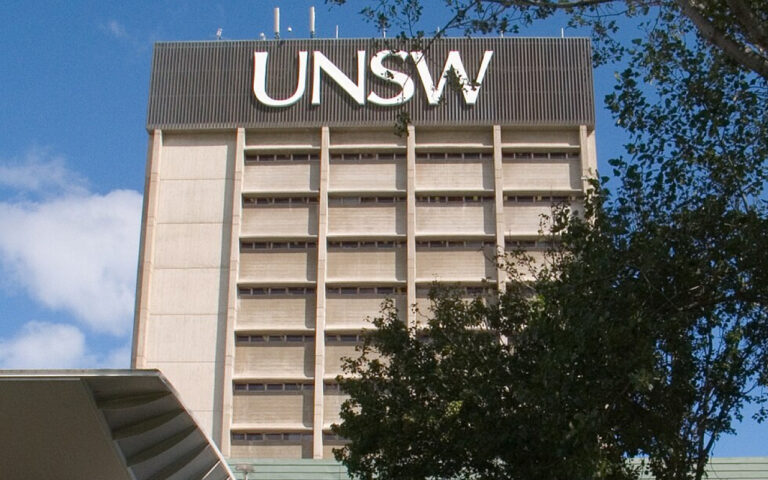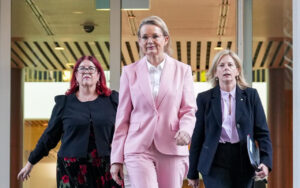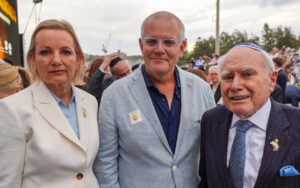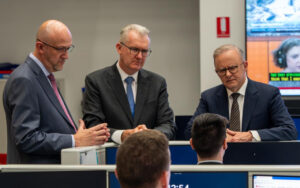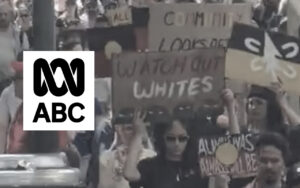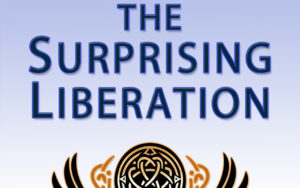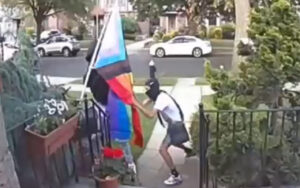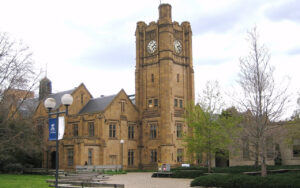The University of New South Wales and the UK’s notorious Nudge Unit have developed a framework to train Australians how to “prebunk” so-called misinformation about immigrants and refugees.
UNSW’s Kaldor Centre and the Behavioural Insights Team (BIT), a British government-founded company that uses behavioural psychology “nudge theory” to influence the actions and habits of the public without them realising it, published their strategy in a report that warned so-called misinformation was a “growing threat to social cohesion and democracy”.
Co-authors Professor Daniel Ghezelbash from UNSW and Saul Wodak from BIT said their framework was designed to help “individuals and organisations effectively counter migration misinformation” by teaching them how to “prebunk” misinformation before it spreads, or debunk it afterwards.
“Whether you’re an advocate, policymaker, journalist or simply someone who values truth, this report will equip you with the tools to push back against misinformation and promote more informed conversations,” the co-authors said.
But even though immigration is a key driver of the housing crisis, the authors used it an example of so-called misinformation along with “migration numbers” in the report’s “how-to guide” on debunking, and critics have called the partnership a “vast psychological operation against the Australian mind”.
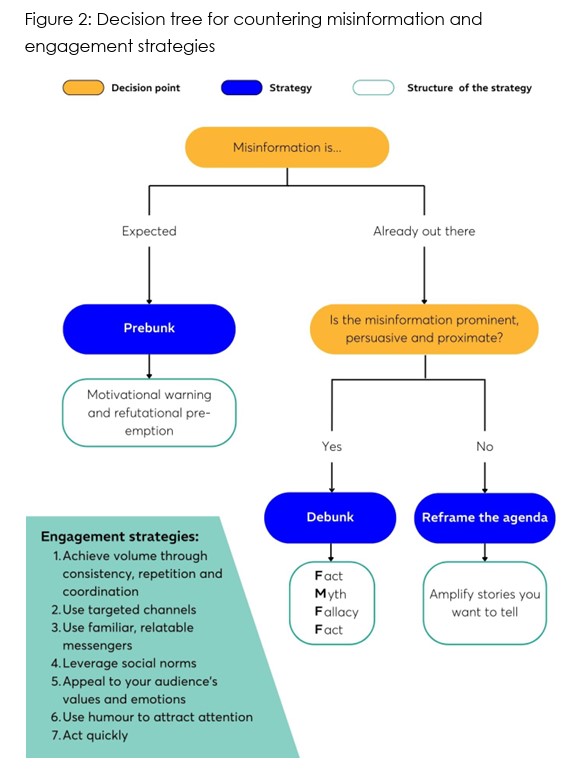
Researcher John Mac Ghlionn described the initiative as an “Orwellian fever dream” in an article for Sky News Australia on Monday, pointing out that BIT worked with the likes of Meta and the United Nations and was involved in a global effort during the Covid pandemic to amplify fear and anxiety in order to drive compliance with lockdowns and vaccine mandates.
“Now, those same manipulative techniques are being deployed once again, but in an even more nefarious manner,” he wrote.
“In 2025, the goal has expanded exponentially: to pre-program citizens on issues like immigration, climate change, vaccine hesitancy, and election trust,
conditioning a sort of reflexive rejection of unauthorised views before they even surface.
“According to the program’s official materials, emotionally persuasive messages, even those based on facts, are now being flagged as potentially dangerous if they stray from the specific, pre-approved narratives.”
Mr Mac Ghlionn went on to criticise one of the report’s case studies – a far-left TikTok video the coauthors used as an example of using active audience participation – as “alarm[ing for] anyone concerned about independent thought”.
“Back in 2022, UN Women Australia partnered with a TikTok quiz creator to embed a political message into what appeared to be harmless entertainment,” he explained.
“After several light-hearted trivia questions, users were suddenly confronted with a left-of-field political ‘fact’ — that humans will live on the moon before global gender equality is achieved — followed by a direct call to action.
“The structure is textbook inoculation: lower the audience’s guard, embed an emotionally charged narrative, and prime them for a desired political response.”
In the report the authors described the video as “highly successful” and said the “case study demonstrates how incorporating active audience participation can drive impact”.
The report’s prebunking strategy is based on six behavioural science principles – hot states, the messenger effect, the mere-exposure effect, confirmation bias, cognitive load, and continued influence effect – and teaches readers how to construct a “prebunking message” it compares to inoculation against disease.
The prebunking message includes two key components: a “motivational warning” about “bad-faith actors who aim to mislead”, and a “pre-emptive refutation” that highlights the tactics of so-called misinformation spreaders, and provides people with a “deeper understanding of a specific issue”.
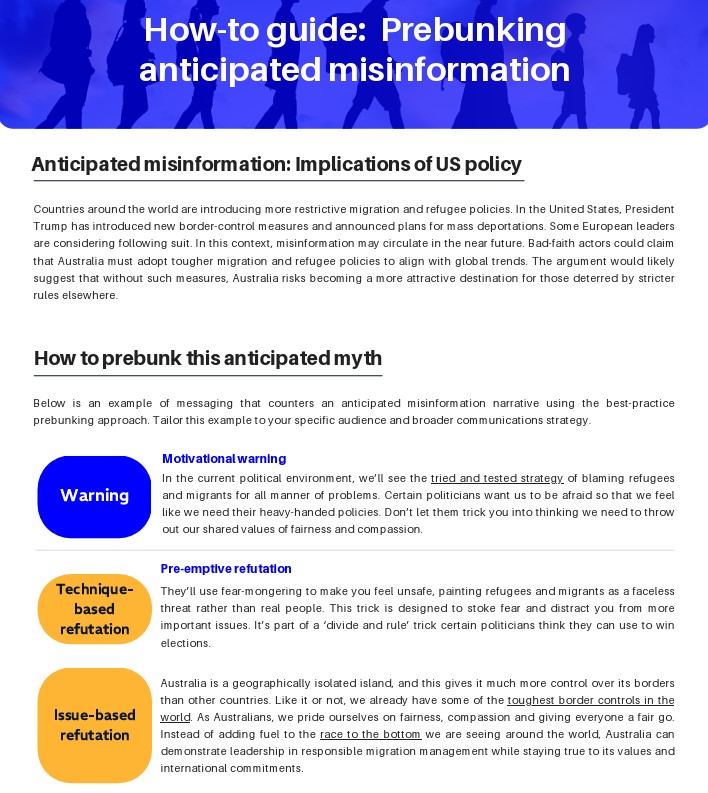
In explaining how to apply the strategy, the report uses the example of anticipated misinformation about the implications of Donald Trump’s mass deportation and border control policies.
“Bad-faith actors could claim that Australia must adopt tougher migration and refugee policies to align with global trends. The argument would likely suggest that without such measures, Australia risks becoming a more attractive destination for those deterred by stricter rules elsewhere,” the “how-to guide” reads.
It then suggests prebunking with a motivational warning that politicians “want us to be afraid so that we feel like we need their heavy-handed policies”, followed by a pre-emptive refutation that those politicians will “use fear-mongering to make you feel unsafe, painting refugees and migrants as a faceless threat rather than real people”.
The report then suggests another refutation based on the idea that because Australia is a “geographically isolated island” there is no need for strict border controls.
The coauthors also recommended media literacy education and more online censorship, as “addressing misinformation about refugees and migrants is more crucial than ever to protect refugees and migrants from harm, strengthen our democratic processes, and foster a more inclusive society”.
